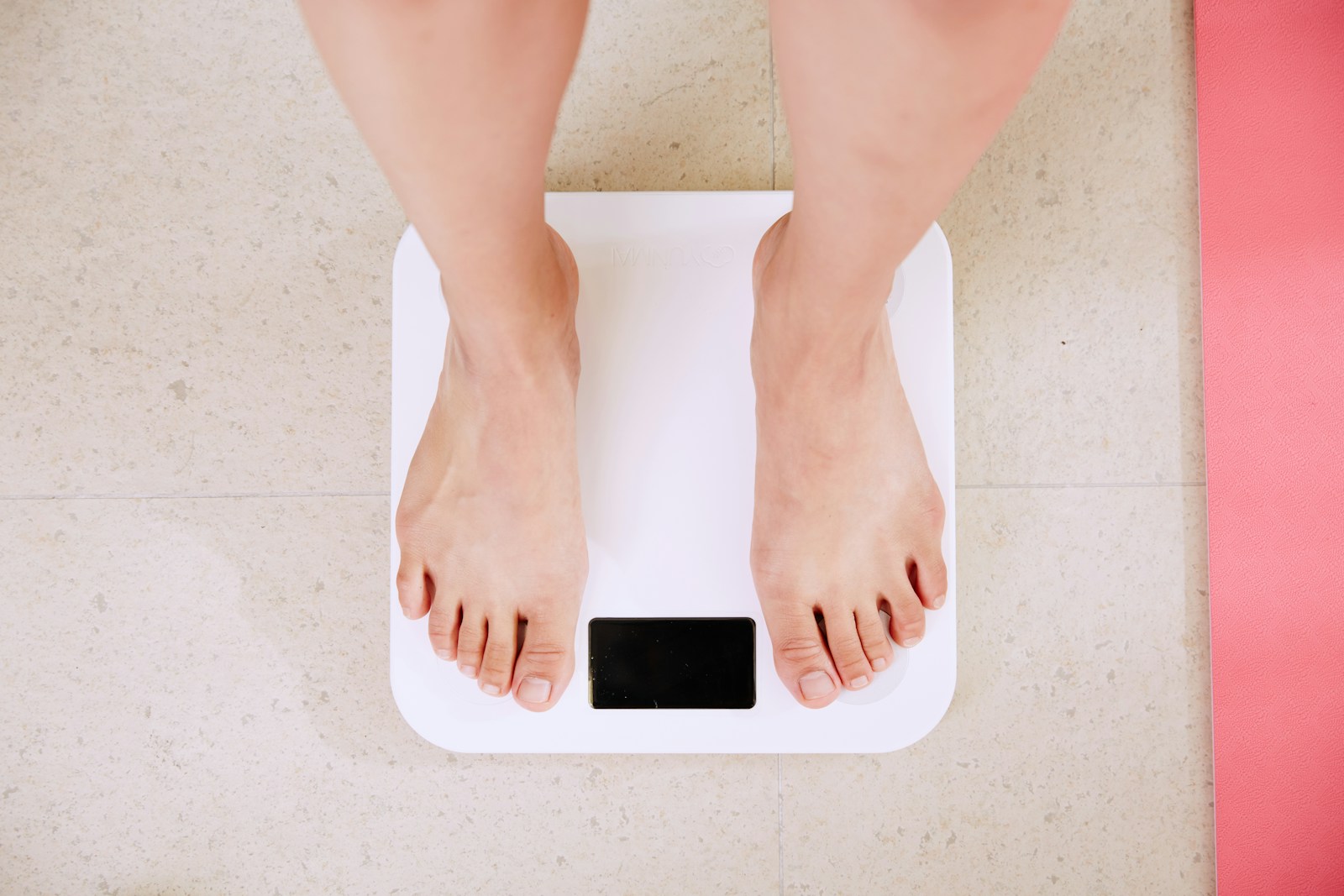Counting every calorie can feel exhausting, turning food into a mathematical exercise instead of nourishment. The good news? You can eat well without logging every bite. By shifting your focus toward balance, satisfaction, and long-term habits, healthy eating becomes more sustainable—and enjoyable.
Focus on Food Quality, Not Just Numbers
Calories matter, but they’re only part of the story. Two meals with the exact calorie count can have very different effects on your body. A fast-food burger and fries might provide energy, but leave you feeling sluggish, while a balanced plate of grilled chicken, quinoa, and vegetables fuels you with protein, fiber, and essential nutrients.
Instead of obsessing over numbers, prioritize whole foods. Aim for lean proteins, colorful vegetables, whole grains, and healthy fats. These foods keep you fuller for longer and stabilize energy levels, making it easier to eat mindfully without constant calculations.
Learn to Trust Your Body’s Signals
Your body already has an internal system for regulating food intake—it’s just often drowned out by diet culture and stress. Paying attention to hunger and fullness cues can help you naturally eat the right amount of food. Try rating your hunger before and after meals on a scale of 1 to 10. This enables you to distinguish between physical hunger and emotional cravings.
Slowing down while eating also makes a big difference. Take time to savor your meals, chew thoroughly, and pause midway to assess whether you’re still hungry. This mindful approach often prevents overeating and eliminates the need for calorie tracking.
Read More: Intermittent Fasting: A Fad or the Real Deal?
Build Habits That Outlast Diets
Restrictive diets can create an unhealthy cycle of obsession and guilt. A more effective approach is to develop flexible habits that promote long-term health. Small actions—such as adding an extra serving of vegetables at dinner, keeping healthy snacks on hand, or drinking water before meals—add up over time without requiring perfection.
Consistency matters more than precision. You don’t need to hit a certain number every day. Instead, focus on patterns: Are you nourishing your body most of the time? Are you making choices that energize rather than deplete you? That’s the real foundation of wellness.
Enjoy Food Without Guilt
Food is more than fuel—it’s culture, comfort, and connection. Allowing yourself to enjoy treats in moderation keeps eating balanced and reduces the risk of bingeing after restriction. Saying yes to birthday cake, holiday meals, or a favorite dessert doesn’t derail your health; in fact, it helps maintain a positive relationship with food.
When you remove guilt from the equation, you’re more likely to make balanced choices naturally. Over time, food stops being an emotional battlefield and becomes a source of nourishment and joy.
The Takeaway
Eating well doesn’t require a calculator. By focusing on high-quality foods, listening to your body, and forming lasting habits, you can nourish yourself without obsessing over calories.
Balance, not perfection, is the key to sustainable health. Remember, small steps compound over time, and even the most minor improvements can yield meaningful results. Trust the process, enjoy your meals, and let food support both your body and your happiness.
Read More: Health Trends to Watch in 2025: What’s Legit, What’s Not




